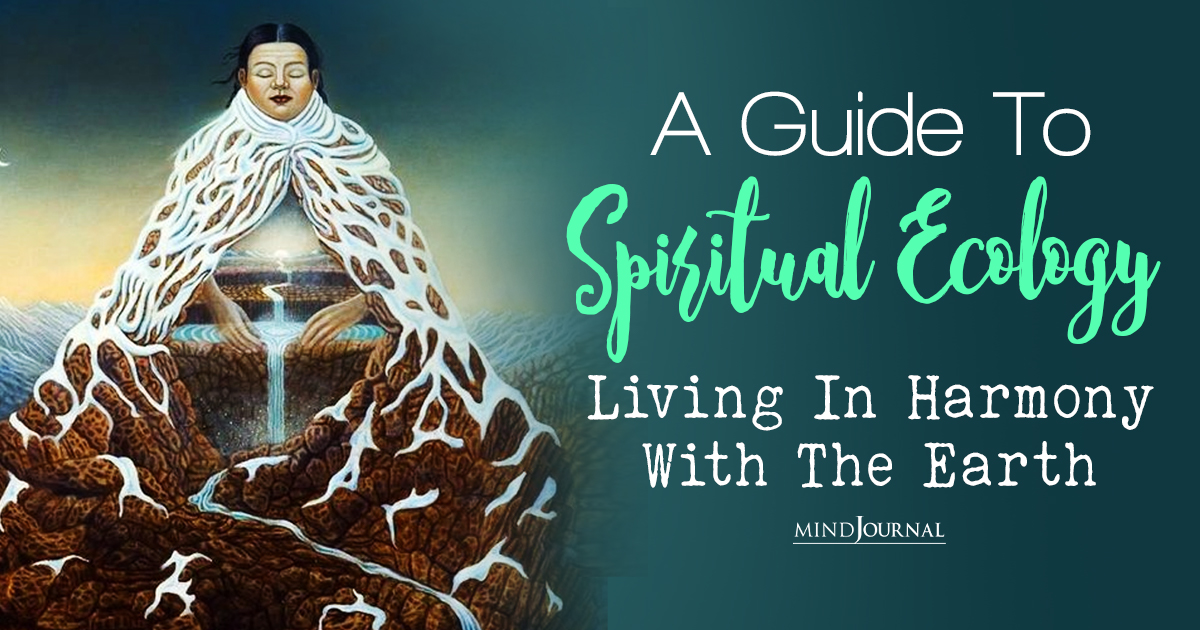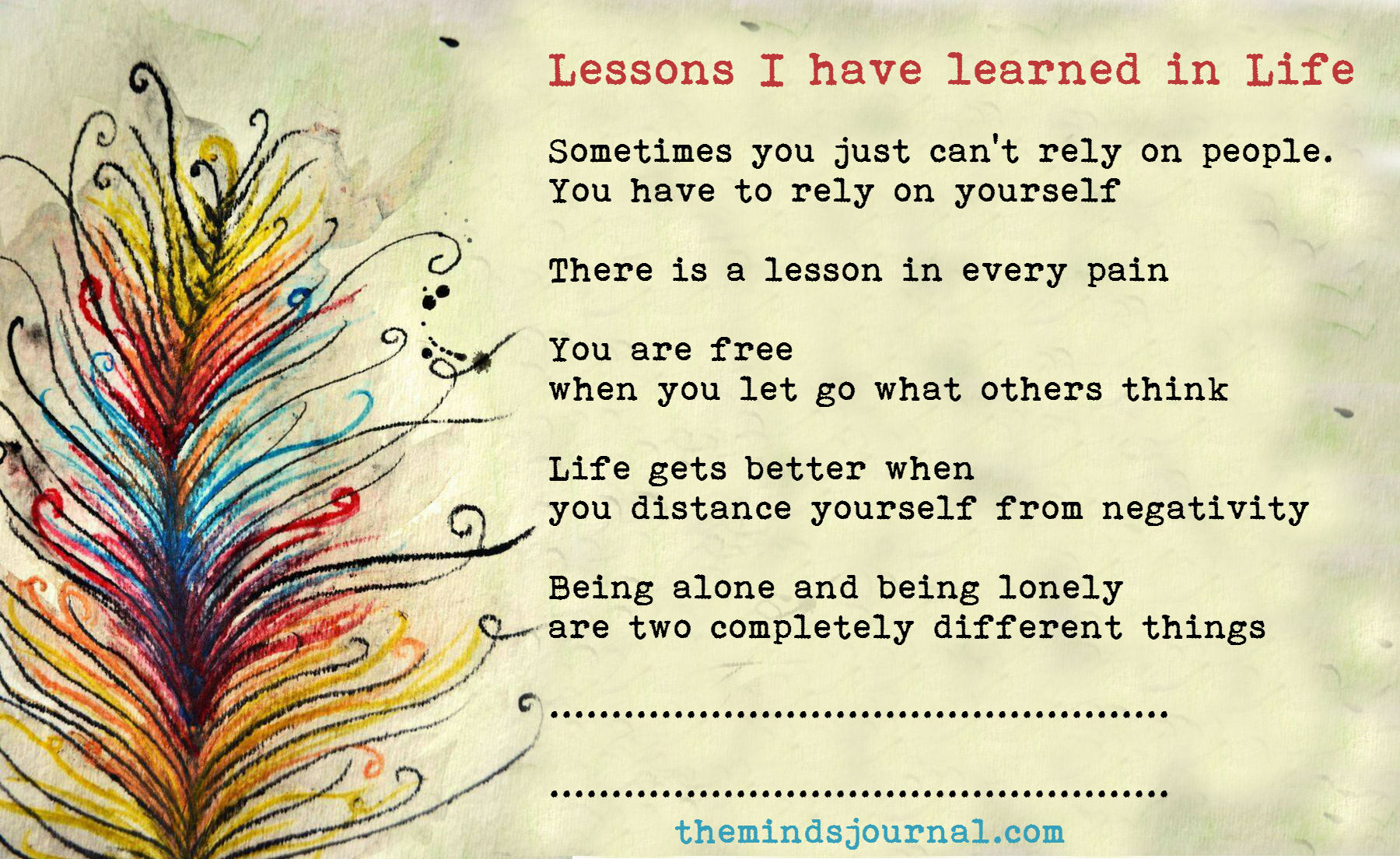Are you seeking a deeper spiritual connection to the natural world? Discover what is spiritual ecology and practical ways to implement it in your daily life.
As we face an environmental crisis, it’s more important than ever to reconnect with nature on a spiritual level. In a world increasingly consumed by technology and materialism, the concept of spiritual ecology offers a profound reminder of our inherent bond with the natural world.
Combining spirituality and environmental awareness, spiritual ecology invites us to explore and cultivate a deeper connection to nature. Join us as we explore what is spiritual ecology, connection between nature and spirituality and why does our connection to nature matter.
What is spiritual ecology?
Spiritual ecology is a term that’s gaining traction in recent years. It refers to the intersection of spirituality and ecology, and how these two seemingly different fields are actually interconnected.
In essence, spiritual ecology is about recognizing the sacredness of nature and understanding our place within it. It’s about acknowledging that we are not separate from nature, but rather an integral part of it.
So, exactly what is spiritual ecology?
At its core, it’s a philosophy that emphasizes the interconnectedness of all living beings and the natural world. It’s about recognizing that everything in nature is interconnected and interdependent, and that our actions have an impact on the world around us.
Spiritual ecology is also about recognizing the spiritual dimension of nature. It’s about seeing the natural world as more than just a collection of physical objects, but as a living, breathing entity that is imbued with spiritual energy.
It’s about acknowledging that nature has a wisdom and intelligence of its own, and that we can learn from it if we are open to it.
One of the key principles of spiritual ecology is the idea of reciprocity. This means that we have a responsibility to give back to nature in the same way that it gives to us.
We must recognize that we are not separate from nature, but rather a part of it, and that our actions have consequences for the natural world.
Related: Spiritual Health: What Is It And How To Improve It
The roots of what is spiritual ecology
The term “spiritual ecology” was coined in the 1970s but the idea of an inherent connection between humans and nature has existed for millennia.
Indigenous cultures have long recognized nature as sacred, with spiritual beings imbued throughout the natural world. Many ancient religions consider the Earth to be divine and nurturing.
Spiritual ecology draws from these traditions as well as modern environmental insights. It encompasses movements like deep ecology, ecotheology and ecopsychology. Activists, writers and scientists have contributed to the concept, recognizing humans’ psychological and spiritual dependence on nature.
Spiritual ecology urges us to respect nature’s limits while working to safeguard nature for future generations.
Understanding ecology and spirituality
To better understand this philosophy, we need to understand ecology and spirituality. At its core, spiritual ecology is a multidimensional approach that recognizes the interconnectedness between our spiritual well-being and the health of the Earth.
It encourages us to view nature as sacred and to nurture a profound reverence for the natural world.
Spiritual ecology emphasizes the belief that our individual spiritual journeys are intricately linked to the well-being of the planet, urging us to take responsibility for our actions and make conscious choices that promote harmony and sustainability.
It recognizes our deep spiritual connection to nature and how nurturing that relationship is vital for our wellbeing and survival. Nature sustains us physically, mentally and spiritually.
Today, the Earth’s finite resources are under immense strain due to human activity. This philosophy promotes re-establishing harmony between humans and the natural world through attitudes, values and behaviors. Living in alignment with the Earth’s natural cycles creates meaning, purpose and joy.
In recent years, there has been a growing movement towards ecology and spirituality – combinedly known as ecospirituality, which seeks to integrate environmentalism and spirituality. Ecospirituality recognizes that the ecological crisis we face is not just a technical problem to be solved, but a spiritual one as well.
By understanding ecology and spirituality and reconnecting with nature on a spiritual level, we can cultivate a deeper sense of empathy and compassion for the natural world, and work towards a more sustainable future.
Spiritual ecology vs ecospirituality
While spiritual ecology and ecospirituality are related concepts, they do have some differences.
Spiritual ecology is a philosophy that emphasizes the interconnectedness of all living beings and the natural world. Ecospirituality, on the other hand, is a more specific term that refers to the intersection of spirituality and environmentalism.
Spiritual ecology is about recognizing the spiritual dimension of nature and understanding our place within it. Ecospirituality is about recognizing the spiritual dimension of the environmental crisis we face and cultivating a deeper sense of empathy and compassion for the natural world.
Spiritual ecology seeks to integrate spirituality and ecology, recognizing that our actions have consequences for the natural world and taking responsibility for those actions.
Ecospirituality seeks to integrate environmentalism and spirituality, recognizing that the ecological crisis we face is not just a technical problem to be solved, but a spiritual one as well.
Related: Spiritual Wanderlust: The Top 56 Spiritual Places And Destinations To Explore Across The Globe
In essence, while spiritual ecology is a broader philosophy that encompasses the intersection of spirituality and ecology, ecospirituality is a more specific term that refers specifically to the intersection of spirituality and environmentalism.
Both spiritual ecology and ecospirituality share a common goal of cultivating a deeper connection to nature on a spiritual level, and recognizing our place within the natural world.
They both seek to integrate spirituality and environmentalism, and recognize the need for a holistic approach to environmental issues that takes into account the interconnectedness of all living beings and the natural world.
How can we connect with nature on a spiritual level
Knowing what is spiritual ecology can help us strengthen our spiritual connection to nature. As the connection between nature and spirituality is intense, it is crucial that we learn how to connect with nature more closely.
One way is through mindfulness practices such as meditation and yoga. These practices can help us to quiet our minds and connect with the present moment, allowing us to fully experience the beauty of nature around us.
Another way to connect with nature is through ritual and ceremony. Many traditional cultures have rituals and ceremonies that honor the natural world and acknowledge our connection to it.
By participating in these practices, we can deepen our understanding of our place within the natural world and cultivate a sense of gratitude and reverence for it.
Ultimately, spiritual ecology is about recognizing that we are not separate from nature, but rather an integral part of it. It’s about understanding that our actions have consequences for the natural world and being accountable for those actions.
By cultivating a deeper connection to nature on a spiritual level, we can learn to live in harmony with the natural world and create a more sustainable future for ourselves and the planet.
But why? Why does our connection to nature matter? Let’s find out.
Related: Do Trees Have Feelings? Study Shows They Have Feelings And Communicate With Each Other
Why does our connection to nature matter
Our connection to nature matters for many reasons. First and foremost, we are a part of nature and depend on it for our survival. Without clean air, water, and food, we cannot thrive.
Additionally, studies have shown that spending time in nature can improve our mental and physical health, reducing stress and improving cognitive function.
Finally, our connection to nature can inspire us to take action to protect the environment and create a more sustainable future for ourselves and future generations. This is the answer to why does our connection to nature matter.
Practical ways to implement spiritual ecology in daily life
Now that we know what is spiritual ecology, let us explore some practical ways to implement spiritual ecology in our daily lives. Here are some ideas to strengthen our spiritual connection to nature –
1. Spend time in nature
One of the most effective ways to connect with nature on a spiritual level is to spend time in it. Take a walk in the park, go for a hike, or simply sit outside and observe the natural world.
This can help you cultivate a sense of awe and wonder for the natural world, and develop a deeper connection to it. This is the best way to build our spiritual connection to nature.
2. Practice mindfulness
Mindfulness practices such as meditation and yoga can help you cultivate a deeper sense of connection to the present moment and the natural world. By quieting your mind and focusing on your breath, you can become more aware of the interconnectedness of all living beings and the natural world.
Related: Health Benefits Of Camping: 4 Reasons You Should Go Camping This Weekend
3. Participate in environmental activism
Getting involved in environmental activism can be a powerful way to implement spiritual ecology in your daily life.
By working to protect the natural world, you can cultivate a deeper sense of connection and purpose, and feel that you are making a positive contribution to the world around you. This can help understand the connection between nature and spirituality.
4. Practice gratitude
Practicing gratitude for the natural world can help you cultivate a deeper sense of appreciation and reverence for it. Take a moment each day to express gratitude for the natural world and the gifts it provides, such as clean air, fresh water, and abundant food.
5. Reduce your environmental impact
Taking steps to reduce your environmental impact can be a powerful way to implement spiritual ecology in your daily life. This can include things like reducing your energy consumption, using reusable bags and containers, and eating a plant-based diet. This is another effective way to strengthen our spiritual connection to nature.
6. Learn from indigenous cultures
Indigenous cultures have long recognized the sacredness of nature and developed rituals and ceremonies to honor and protect it. By learning from these cultures and incorporating their practices into your own life, we can deepen our connection to nature on a spiritual level.
Implementing spiritual ecology in our daily lives can help us cultivate a deeper connection to nature and live in harmony with the natural world.
Recognizing oneness and interconnectedness
Within the framework of spiritual ecology, nature is seen as inherently sacred, embodying wisdom and divine presence. By acknowledging the sacredness of the Earth, we shift our perspective and develop a sense of stewardship rather than dominion.

We recognize that nature has much to teach us—its cycles of birth, growth, decay, and regeneration mirror our own journey and offer invaluable lessons in resilience, interconnectedness, and harmony.
Understanding what is spiritual ecology and the connection between nature and spirituality
can help us learn that we are not separate entities existing in isolation; instead, we are interconnected with all living beings and the Earth itself.
By embracing this oneness, we can cultivate a deep sense of empathy and compassion for all forms of life. This understanding calls us to respect and honor the intricate ecological systems that sustain our planet, recognizing that our actions have far-reaching consequences that ripple through the interconnected web of life.
Related: Shinrin-Yoku: How The Japanese Art Of Forest Bathing Can Improve Your Health










Leave a Reply